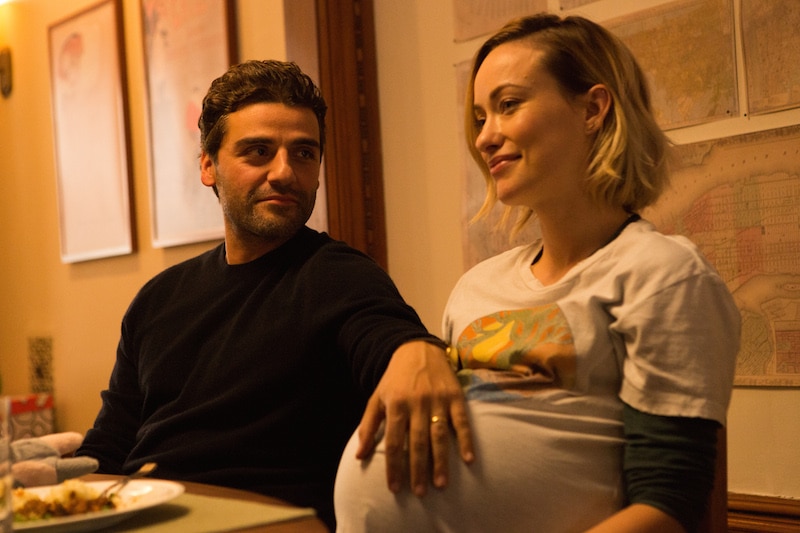
This Is Us is such a heartwarming, touching family saga, it’s confounding that the creator cannot bring the same qualities to feature film. Crazy Stupid Love was good and he delivered generic studio fare like The Guilt Trip and Last Vegas, but Danny Collins and Life Itself lack understanding of drama and human beings at all.
Life Itself relies on dramatic events that feel blatantly contrived and unnatural. It’s shocking because This Is Us reveals stories like this all the time and feels organic. The story of Randall being left at the fire station or William’s letters with Rebecca are surprising but feel like they are things that could happen.

The connections between these stories rely on extreme coincidences that feel false. This Is Us balances parallel stories between three siblings in multiple time periods and yet it all checks out.
The first story begins with Will (Oscar Isaac) dealing with his separation from Abby (Olivia Wilde). The way Will and his therapist (Annette Bening) so carefully say Abby left instead of using any other terminology, you can guess where this is heading.

In happier times, Abby got Will into Bob Dylan music and they have a dog named F***face. Aren’t they edgy and irreverent?
Will was so intensely in love with Abby that it makes sense that he has no will to live without her. That type of romance really isn’t cute anymore (to think of all those stalker rom-coms of the ‘80s and ‘90s…), although the film at least once acknowledges his intensity.

Abby is writing her college thesis on the dramatic device of the unreliable narrator. She comes up with the idea that every narrator is unreliable, so I can only hope that her professor flunks her because that is not a new idea at all. (We later find out that her thesis is criticized, but on different, less relevant grounds.)
The tragic event of Will and Abby’s story is such a movie cliche, it’s one that audiences are already sick of when they see it being set up. It happens so much it’s trite.

That’s not how This Is Us works. They don’t talk around tragedies to set up a big reveal. They talk about their history normally and it’s up to the audience to catch up. Okay, we all had theories about how Jack dies but they kept us guessing until the very end.
The second story picks up with a precocious kid reacting to a recap of the tragedies we’ve just seen. The third also involves a child being traumatized by tragedy, although admittedly less precocious.

Not that kids don’t have traumatic experiences, but if you’re going to tackle them, they probably should be as messy and complicated as real life traumas, not fit into a neat tidy bow.
Perhaps it’s the contradictions that unravel everything. Life Itself opens with an elaborate unreliable narrator sequence, but then wants us to believe all the convoluted drama that ensues.

Dialogue is intended both to be awkward and sincere. Will’s mom (Jean Smart) says she’s happy Abby’s parents are dead so that she can be the only grandma. Will rightfully chastises her but Abby takes it unrealistically well.
Will’s bad “tomato/potato, let’s call the whole thing off” joke is supposed to show he’s more clever than the therapist, I think?

There are some flashy cinematic techniques. Characters appear in the stories they are narrating, sometimes interacting with themselves. There’s a sequence with multiple Abbys having a snowball fight with each other, and a motion controlled sequence showing another character grow up.
They couldn’t spend the time doing those sequences on television, unless it was Orphan Black. But those tricks don’t advance the story.

It’s not a TV vs movie thing because there are plenty of movies that effectively tell interconnected stories, and TV shows that throw in so many high concepts the show drowns in them (God Friended Me premieres next week on CBS!)
So Life Itself is not This Is Us on the big screen, but don’t worry. Season three of This Is Us returns Tuesday, September 25!
Life Itself is in theaters Friday, September 21.